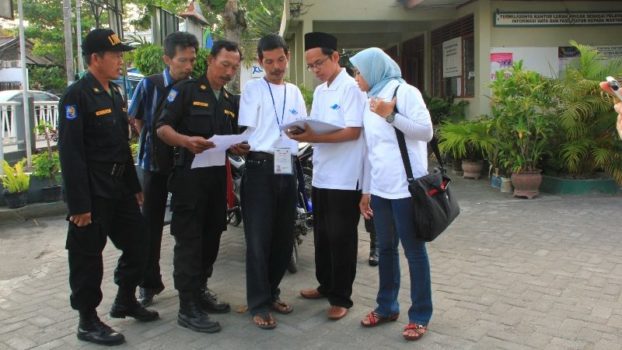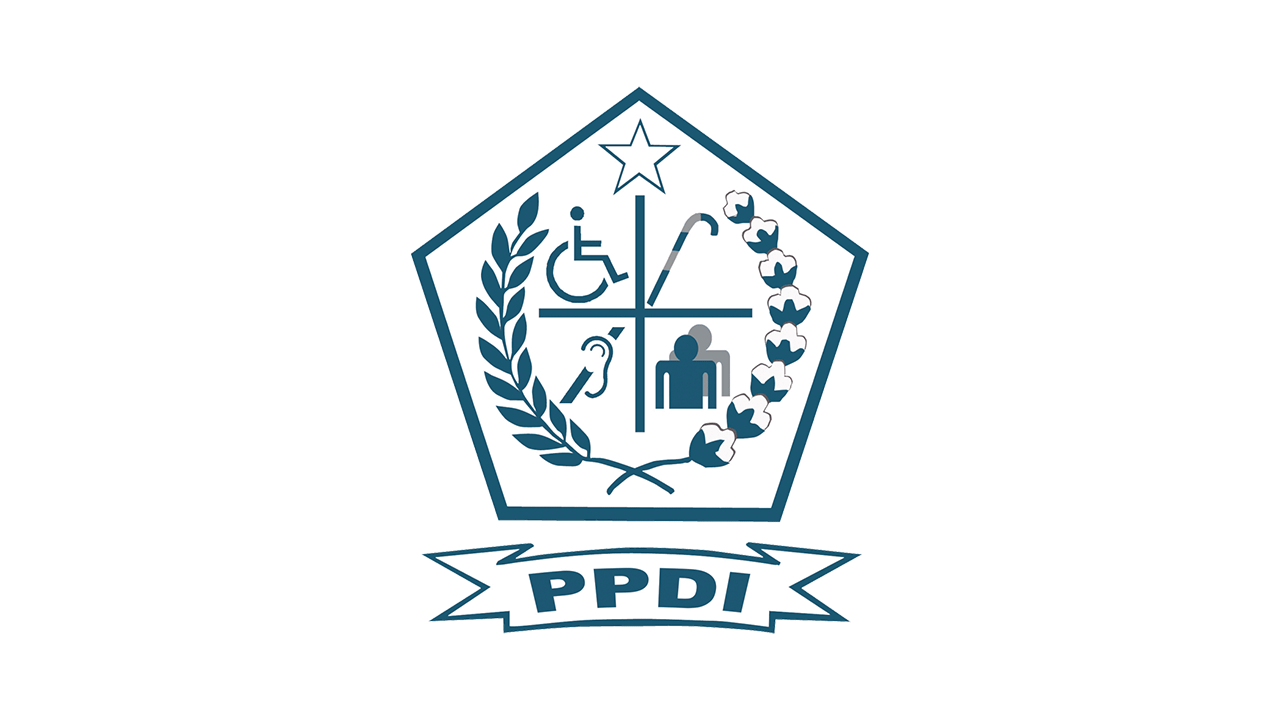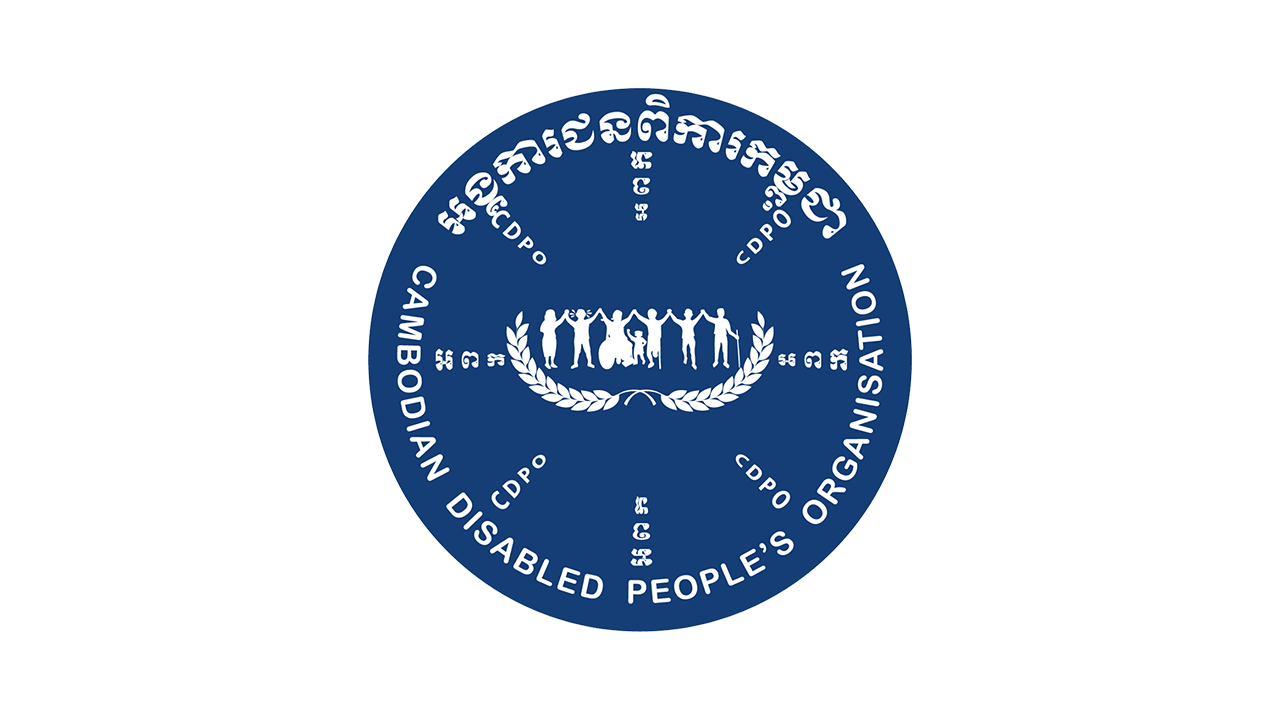By: Riri Rafiani, PPUA Penca
On September 25, 2011, AGENDA conducted its first electoral monitoring at the regional election in Yogyakarta. The purpose of this monitoring is to evaluate the accessibility of voting process and to find out whether disabled voters are content with the whole process of election.
To help AGENDA with this project, thirty volunteers were assigned to thirty polling stations in four sub-districts. They followed the entire election process, starting with the opening of the polling station, checking that the requirements for accessible election were met, and waiting for the disabled voters to come to the location. After casting their votes, these persons were interviewed to find out if they were satisfied with the organization of the election. In total, forty-two respondents were interviewed.
The monitoring activity came up with positive results. In general, the local election management body is considered to have successfully fulfilled their duty in arranging an accessible election for disabled residents. A few areas of improvements were also noted, including incorrect and inadequate data (some voters with disabilities were not properly marked in the list), the lack of wheelchair access in some polling stations, and a number of cases where the assistants of disabled voters did not sign the necessary forms. As for the turnout, there were no cases of disabled voters who are reluctant to come due to inaccessibility or pressure. It is not uncommon to hear that disabled voters are usually under pressure to vote certain party or are not allowed to choose their own assistant when needed. Almost all registered disabled voters made their votes. Only very few of them did not make their vote and that was due to personal matters which are unrelated to their disability.
For People Voter’s Education Network (JPPR), the leading partner for this activity, monitoring of Yogyakarta’s first gubernatorial election was especially significant. It marked the first occasion for JPPR to specifically address the accessibility aspect in an election and to include disabled persons in the process. The same could be said of the participants, particularly the disabled ones. It was their first chance to be involved in such activity, which enabled them to better understand the election process. For volunteers without disability it was also a good opportunity to get a clearer view of what they have overlooked or taken for granted.
The city of Yogyakarta has a population of 388,088 with 322.872 people are eligible for voting.










